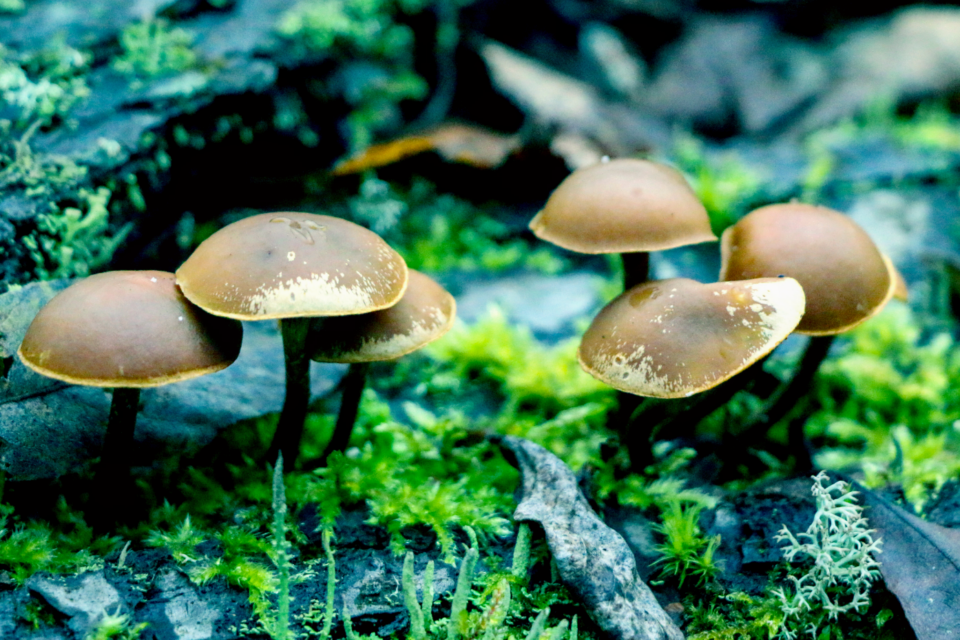Harvard University: Psilocybin Appears To Protect Against Opioid Use Disorders
PORTLAND- Adults who have used psilocybin – a psychedelic drug found in hallucinogenic mushrooms – at some point in their life are 30 percent less likely to develop opioid use problems, according to a new Harvard University study. These discoveries potentially pave the way for safer and more successful therapeutic treatments for substance misuse therapy.
“Opioid use disorder (OUD) is a major public health epidemic in the United States, with nearly 70,000 opioid-related deaths in 2017, a 292 percent rise since 2001. In the United States, opioids such as heroin, fentanyl, and prescription opioid compounds are responsible for over 70% of all overdose deaths. Furthermore, over the duration of the COVID-19 epidemic, opioid-related mortality has risen to worrying new highs, with the greatest increases among members of racial and ethnic minority groups, as well as in areas of socioeconomic hardship,” the study authors said.
Because alternative synthetic opiate derivatives, such as methadone or buprenorphine, are currently used to treat OUD – both of which have a high risk of addiction – new treatments are urgently needed to help society cope with the current opioid crisis.
The researchers conducted a nationally representative survey of 214,505 persons in the United States to look into the prevalence of opioid use disorder and psychedelic usage among the participants, and discovered that those who had used psilocybin were 30 percent less likely to develop OUD. Furthermore, when compared to those who had never used psilocybin, psilocybin users were 17 to 34 percent less likely to have developed seven of the 11 symptoms of opiate misuse and dependence in the previous year. Surprisingly, there was no link between using LSD, peyote, or mescaline and the likelihood of developing OUD.
Psilocybin may protect against OUD by altering the circulation of neurotransmitters previously linked to addiction, such as serotonin and dopamine, according to the researchers. Furthermore, the mystical and spiritual experiences caused by psychedelic drugs may play a key role in reducing the risk of OUD among users.
More study is needed, including longitudinal clinical trials, to see if this link is causative and to figure out specific mediators are at work. Furthermore, because other psychedelic compounds such as mescaline or LSD do not appear to protect against OUD, greater research into the specificity of psilocybin and how it differs from other psychoactive drugs is required.


































